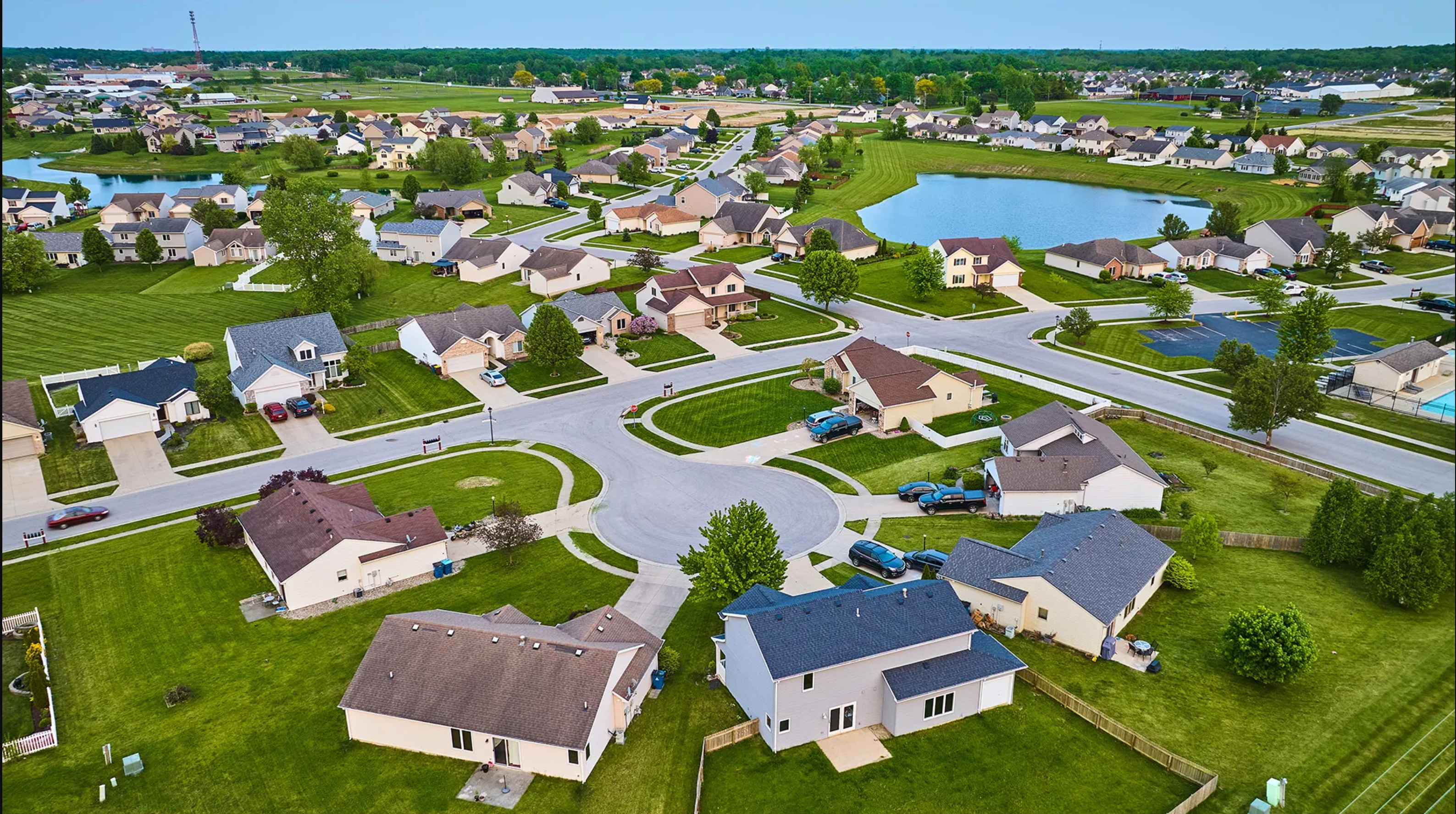Understanding the Pros and Cons of Buying a Property with a Homeowners Association (HOA)
 When considering the purchase of a property, especially in a planned community, the presence of a Homeowners Association (HOA) is a key factor to evaluate. An HOA oversees the management and maintenance of common areas and enforces rules to preserve property values. However, buying a property under an HOA comes with both advantages and drawbacks. Let’s explore the pros and cons of buying a property with an HOA, helping you make an informed decision.
When considering the purchase of a property, especially in a planned community, the presence of a Homeowners Association (HOA) is a key factor to evaluate. An HOA oversees the management and maintenance of common areas and enforces rules to preserve property values. However, buying a property under an HOA comes with both advantages and drawbacks. Let’s explore the pros and cons of buying a property with an HOA, helping you make an informed decision.
What is a Homeowners Association (HOA): A Homeowners Association is a governing body in a residential community responsible for maintaining shared spaces, enforcing community rules, and managing the community’s financial obligations. HOAs typically collect monthly or annual dues from homeowners to fund communal services such as landscaping, security, and amenities like pools and gyms.
Pros of Buying a Property with an HOA
Maintenance of Common Areas: One of the most significant advantages of living in an HOA-managed community is the upkeep of shared spaces. This includes lawns, gardens, playgrounds, and streets. The HOA ensures that these areas remain clean, functional, and aesthetically pleasing, which can be particularly beneficial in increasing overall property values.
Access to Community Amenities: Many HOA communities offer amenities such as swimming pools, gyms, clubhouses, and parks. These shared amenities create a neighborhood atmosphere and provide recreational options, often without the homeowner having to travel far. The presence of such features can make the community more desirable for prospective buyers, positively influencing real estate market value.
Enforcement of Community Standards: An HOA enforces rules to maintain uniformity and prevent undesirable changes that could affect property values. These regulations can prevent neighbors from making disruptive modifications or neglecting their homes. If you appreciate a well-maintained, visually consistent neighborhood, this can be a significant benefit.
Increased Property Value: Properties in HOA communities often retain or increase their value due to enforced rules and maintenance. The curb appeal of the community, combined with well-maintained amenities and properties, ensures that potential buyers are more attracted to the area, which can lead to higher property values over time.
Conflict Resolution: In case of disputes between neighbors, whether it's noise issues or parking disagreements, the HOA steps in as a mediator. This can prevent situations from escalating and ensure that problems are dealt with fairly and promptly.
Cons of Buying a Property with an HOA
Additional Fees: One of the main downsides of living in an HOA community is the HOA fees. These monthly or annual payments can range from a few hundred to several thousand dollars, depending on the community's amenities and services. If you're budgeting for a new home, the added cost of HOA fees can strain finances, especially if you're also managing a mortgage.
Strict Rules and Regulations: While some buyers may appreciate uniformity, others may find the strict regulations imposed by the HOA to be restrictive. From limitations on exterior modifications to parking restrictions, HOAs can enforce stringent rules that could impact your lifestyle. For example, you might not be able to paint your house in your preferred color or park an RV on your driveway.
Potential for Disagreements with the HOA: Disputes between homeowners and the HOA are not uncommon. The HOA board, typically made up of elected residents, may make decisions that not everyone agrees with. If you find yourself at odds with the board’s decisions or rules, it can lead to frustration and conflict.
Limited Freedom: Homeownership typically comes with a sense of autonomy. However, living in an HOA-governed property means adhering to the association’s guidelines. This could limit your ability to personalize your home or yard, with some associations even having rules about landscaping or seasonal decorations.
Special Assessments; In addition to regular HOA fees, some associations may levy special assessments to cover unexpected costs such as large repairs or emergency services. These assessments can come as a financial surprise and place a burden on homeowners, particularly if they were not budgeted for in advance.
Is Buying a Property with an HOA Right for You: When deciding whether to buy a property in an HOA community, it’s essential to weigh the pros and cons carefully. If you value uniformity, amenities, and low-maintenance living, an HOA could be an excellent fit. On the other hand, if you prefer more freedom in how you manage and modify your home, an HOA may feel too restrictive.
Before making a purchase, thoroughly review the HOA bylaws, CC&Rs (Covenants, Conditions, and Restrictions), and budget. Understanding what is required and expected as an HOA member can help you avoid future frustrations.
Conclusion: Living in a property governed by an HOA can offer benefits such as well-maintained common areas, conflict resolution, and access to amenities, which can increase property value. However, the downsides, including fees, restrictions, and potential disagreements, may not suit every homeowner's preference. Consider both the short-term and long-term implications of HOA membership as you navigate your real estate investment journey. By evaluating these factors, you can make an informed decision about whether purchasing a property with an HOA aligns with your financial goals and lifestyle preferences.
Comments
Post a Comment